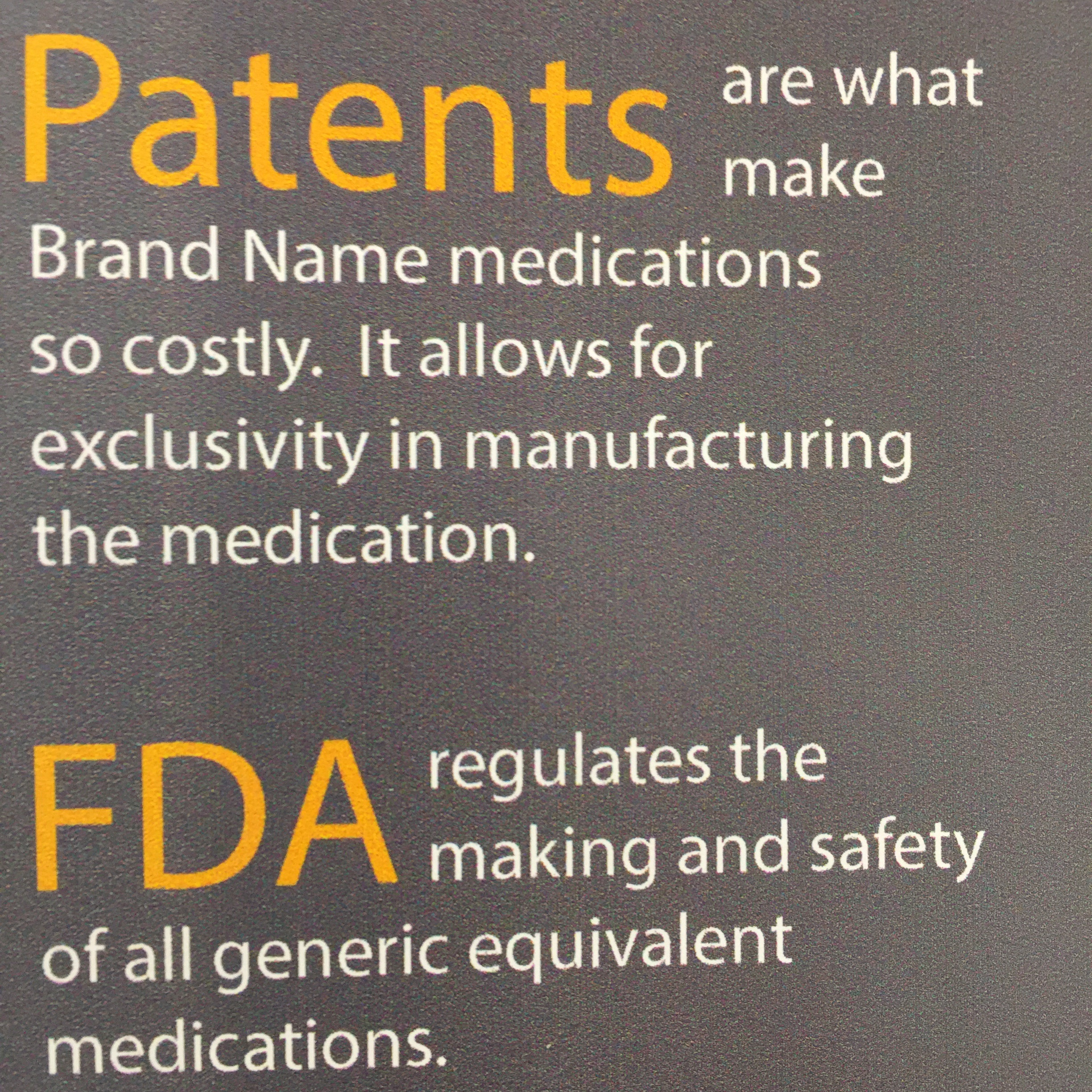Just Say "No" To Regulation by Manipulation!

 An obvious and predictable result of the Patient Protection and Affordable Care Act, more commonly known as “Obamacare,” is and has been attempts to control the cost of medical goods and services, including pharmaceuticals. In keeping with former administration advisor and current Harvard law Professor Cass Sunstein’s “nudge” theory, part of the way to do this is subtly to encourage consumers to pursue less expensive courses of treatment and to pursue them less frequently, for that is the only way this top-down scheme can possibly survive.
An obvious and predictable result of the Patient Protection and Affordable Care Act, more commonly known as “Obamacare,” is and has been attempts to control the cost of medical goods and services, including pharmaceuticals. In keeping with former administration advisor and current Harvard law Professor Cass Sunstein’s “nudge” theory, part of the way to do this is subtly to encourage consumers to pursue less expensive courses of treatment and to pursue them less frequently, for that is the only way this top-down scheme can possibly survive.
An example of just how insidious this “nudge” campaign can be is one Obamacare-compliant health insurer’s recent campaign to “educate” employees of subscribing private sector employers on how to consume fewer health care services. Its essential theme is this: in order to keep the cost of your health insurance down, please try not to use it.
The campaign consists of distributing “public-service” type informational flyers for posting in break rooms and washrooms, including inside the stalls. (We’ll presume that, for HIPAA purposes this does not violate anyone’s privacy.)
Some of the tips are helpful, of course, and mostly common sense: Try to reduce stress in your life by not overcommitting your time, energy, and financial resources. “Just say no” to invitations you really don’t need or want to accept. Make that easier by giving yourself 24 hours before responding. Watch what you eat. Get plenty of sleep and exercise. Turn off your smartphone for at least an hour before you go to bed for a better night’s sleep. Don’t fret about what you can’t control, or at least are able to influence.
Other tips sound rather lame, even pathetic: Don’t automatically fill prescriptions at your local pharmacy, for example; ask your doctor for “free samples” instead. Nothing epitomizes command and control schemes like the notion of “free stuff,” of course, but as Milton Friedman teaches there’s no such thing. The cost of “free” samples is part of the pharmaceutical company’s marketing budget and therefore part of the ultimate cost of those company’s drugs. You’ll pay for them one way or another.
But the most disturbing part of a recent such “public service” announcement is the following bit of erroneous and ungrammatical advice:
Patents are what make Brand name medications so costly. It [sic] allows for exclusivity in manufacturing the medication.
FDA regulates the making and safety of all generic equivalents.
Put more simply, the message is this: patents bad, government good. Followed by “consider making the switch” to generic drugs and, of course, be sure to “ask your doctor if they [sic] have any [samples] for your particular ailment in the office,” because, after all, “[s]amples cost you nothing.”
This brazen assertion is both linguistically and economically illiterate, not to mention bad public policy. A more accurate and honest public service announcement would read as follows:
Patents are what make life-saving medications possible.
FDA regulations make them more expensive.
Just say “no” to increasing regulation.

